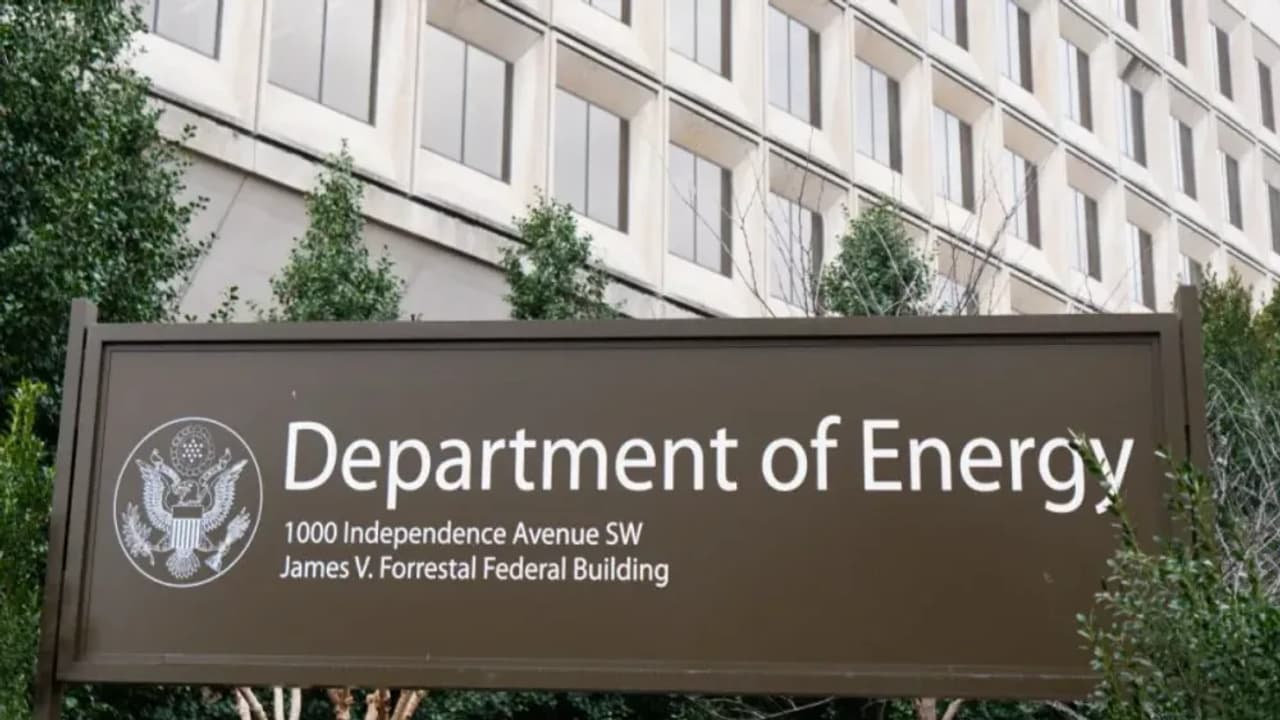According to Bloomberg, the list includes $331 million previously allocated to Exxon Mobil for a hydrogen initiative and $170 million intended for Kraft Heinz.
In a significant policy shift, U.S. Secretary of Energy Chris Wright revealed the termination of 24 financial assistance awards valued at more than $3.7 billion to clean energy projects.

These grants, managed by the Office of Clean Energy Demonstrations (OCED), were found to fall short in supporting national energy priorities, lacked cost-effectiveness, and offered little assurance of a beneficial return for taxpayers.
Close to 70% of the rescinded awards were granted in the period between former President Joe Biden’s election day and President Donald Trump’s inauguration on January 20th—most of the impacted initiatives centered on carbon capture and sequestration (CCS) and broader decarbonization strategies.
The Department of Energy (DOE) estimates that halting these programs will save taxpayers approximately $3.6 billion right away. According to a Bloomberg report, the list of terminated awards includes $331 million previously allocated to Exxon Mobil Corp.(XOM) for a hydrogen initiative at its Baytown, Texas refinery; $170 million intended for Kraft Heinz Co. (KHC) to support multiple clean energy developments; and $500 million designated for Heidelberg Materials AG to fund a low-carbon cement project.
This decision is part of the DOE's broader strategy to back only those projects that fulfill rigorous criteria for economic soundness, national defense, and energy reliability.
“While the previous administration failed to conduct a thorough financial review before signing away billions of taxpayer dollars, the Trump administration is doing our due diligence to ensure we are utilizing taxpayer dollars to strengthen our national security, bolster affordable, reliable energy sources and advance projects that generate the highest possible return on investment,” said Secretary Wright.
According to the Bloomberg report, additional awards revoked on Friday include $375 million for Eastman Chemical Co. (EMN)’s molecular recycling facility in Longview, Texas, and two separate $270 million grants to Calpine Corp. subsidiaries for carbon capture projects in Baytown, Texas, and near Yuba City, California.
This action by the DOE comes after the release of a Secretarial Memorandum called “Ensuring Responsibility for Financial Assistance,” which details the agency’s approach to individually assessing financial aid awards.
The framework is designed to root out inefficient expenditures, safeguard national interests, and support the administration’s push for dependable, cost-effective, and secure energy solutions.
Using this evaluation process, the department reviewed all 24 awards and concluded they failed to meet the standards required for ongoing federal funding.
Eastman Chemical stock has lost over 13% in 2025 and over 21% in the last 12 months, while Exxon Mobil stock has lost over 5% year-to-date and over 10% in the last 12 months.
For updates and corrections, email newsroom[at]stocktwits[dot]com.<
